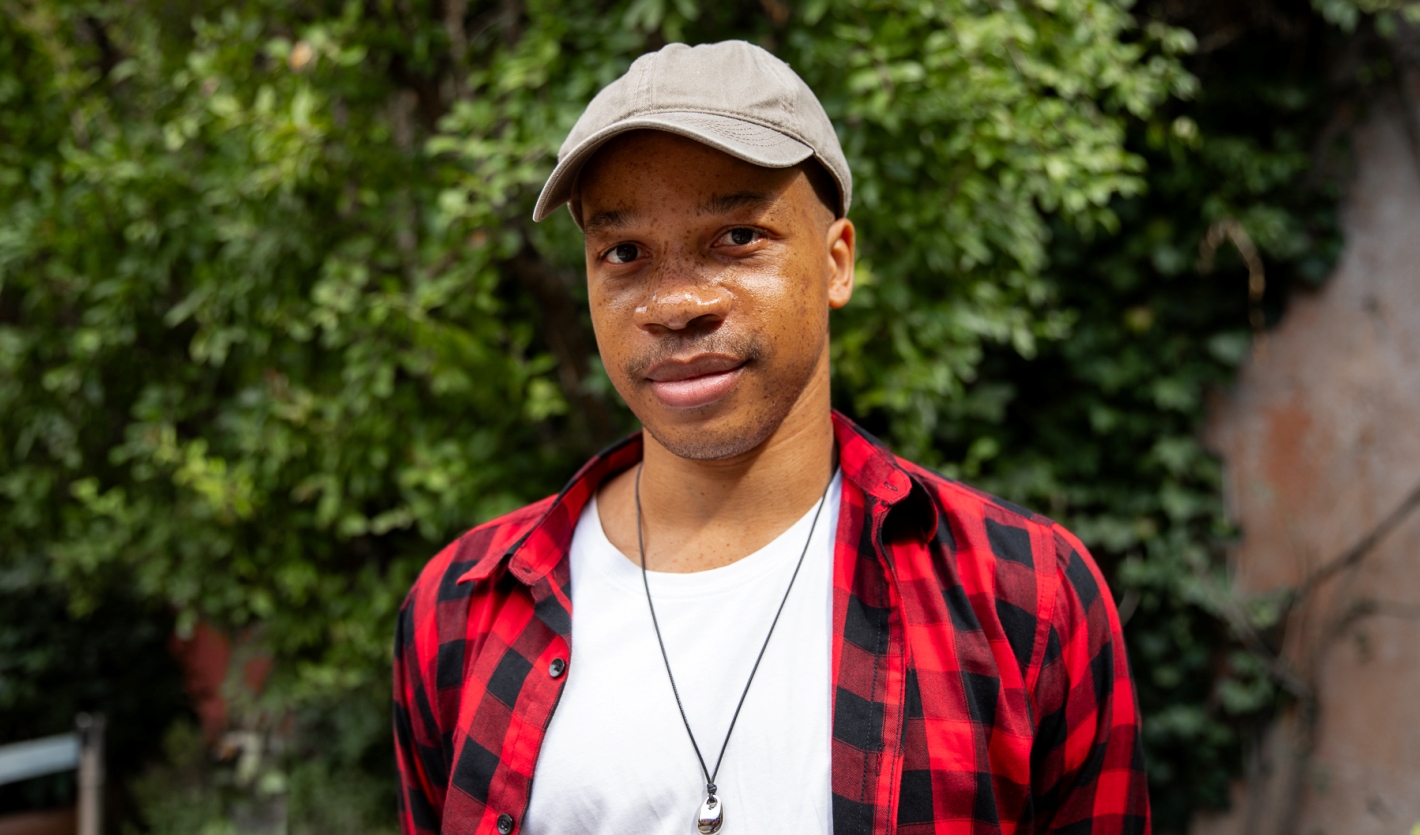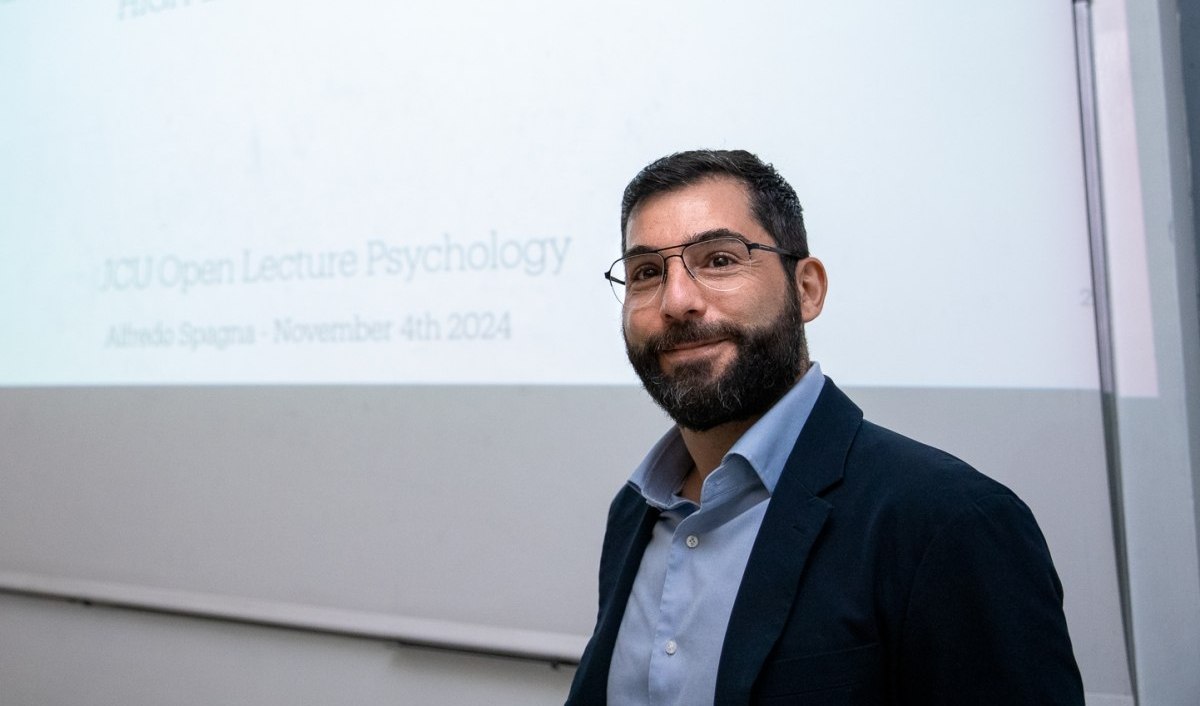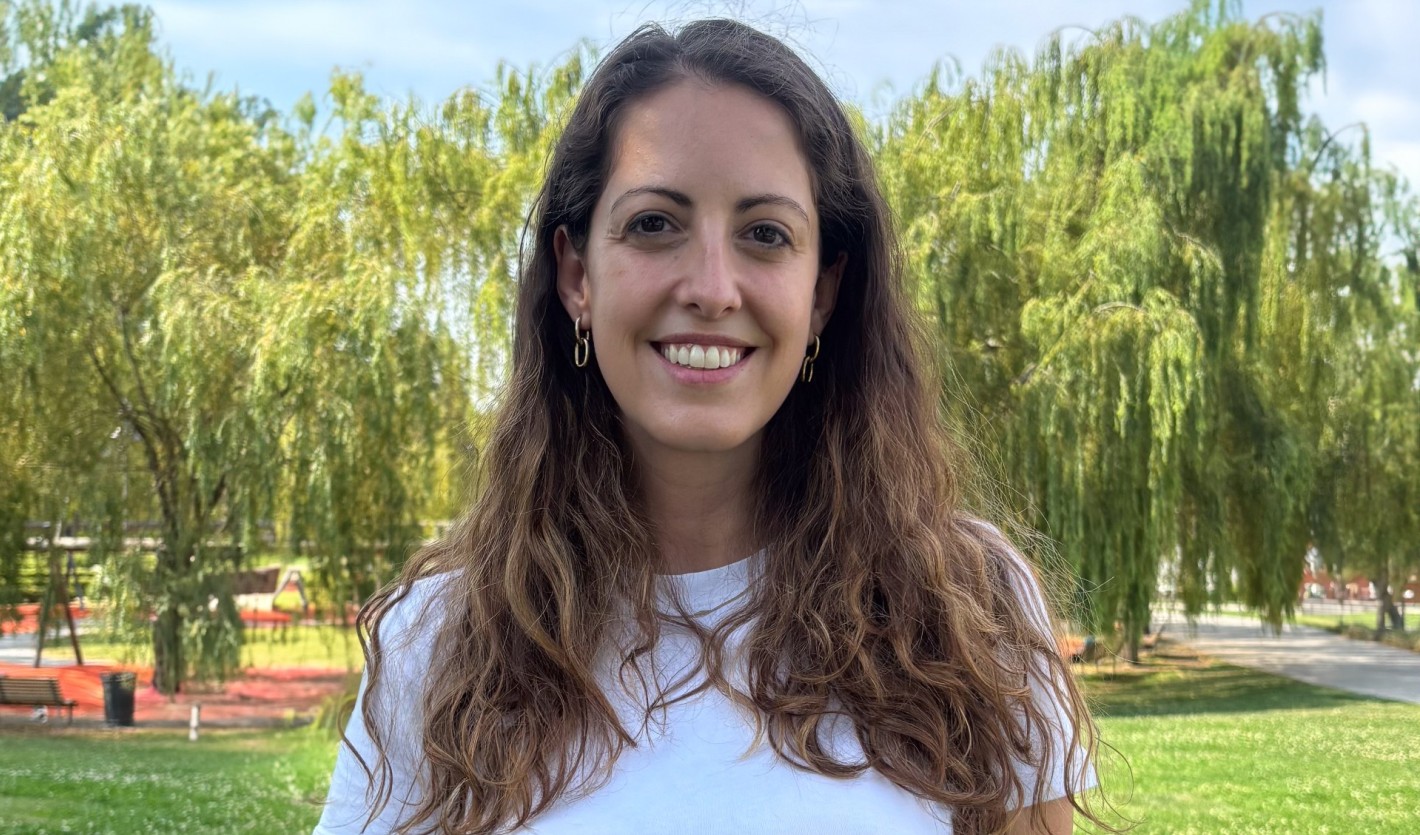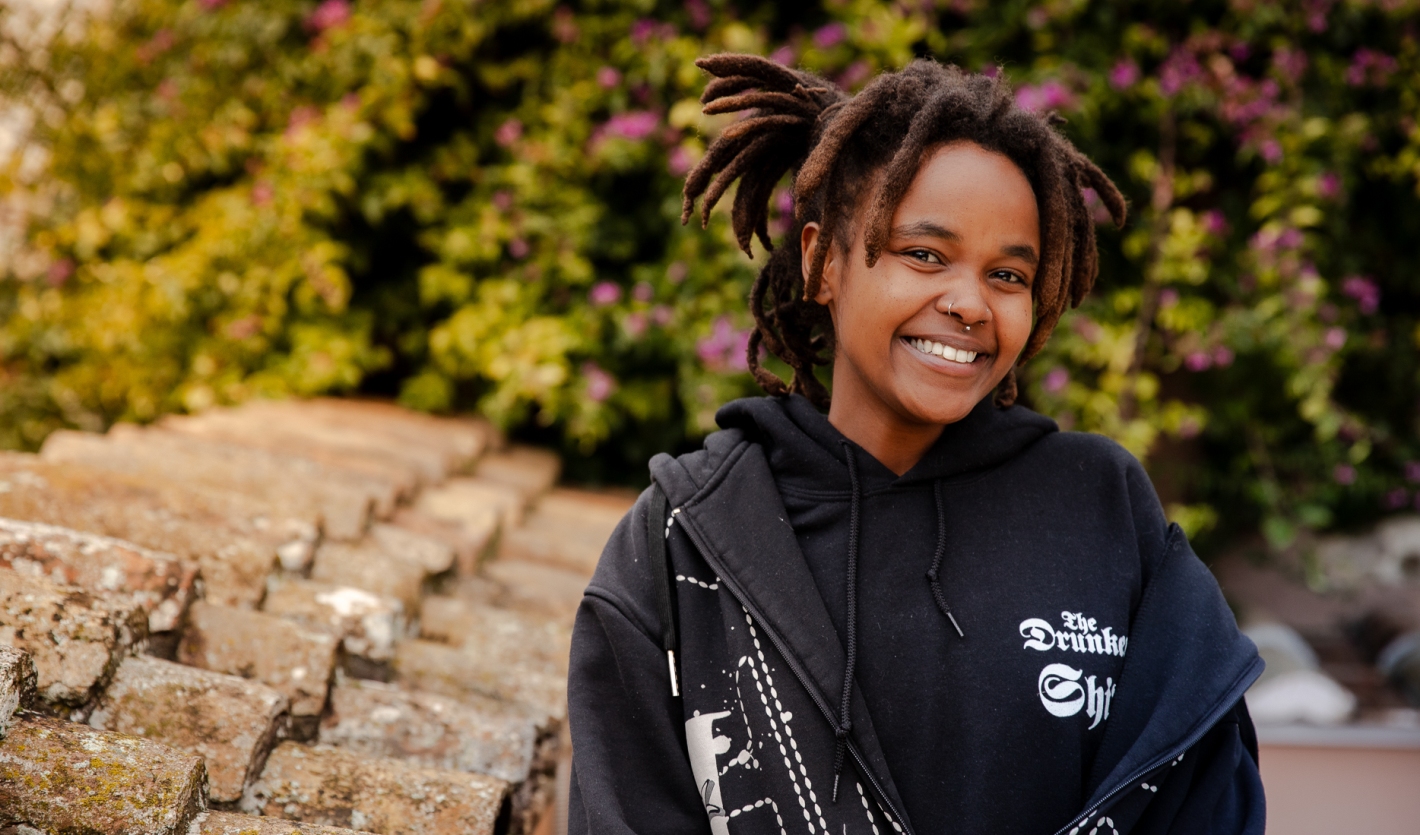Tavaka Mutungamiri traveled from Zimbabwe to Rome to be a student in the MA program in International Affairs. Over the summer, Tavaka attended the UNICRI summer school at JCU. He has also worked with the Fact Zimbabwe NGO.
Tell us a bit about your background and where you are from.
I come from Zimbabwe, in southern Africa. I initially got into the University of Nairobi in Kenya. My mom works here in Italy for the World Food Programme. She encouraged me to come to Rome and see what happens. So, I applied for John Cabot on a whim, and I was accepted. This is my first time outside of Africa and in Europe.
Why did you decide to major in International Affairs?
There are two tracks of responses here; the diplomatic one is: I've had such a passion for people and helping the world and politics, and it's also fascinating to see how geopolitical systems work. The more authentic answer is: I just happened to fall into it. I think, like most people in my generation, I was a little bit aimless, just doing things to see what happened, and I took it more as an opportunity to just leave the continent and see whatever opportunities present themselves here.
I like looking at how bureaucracy and political systems affect people. Politicians and theorists never talk about how politics affects people on a day-to-day basis, like the price of eggs, for example. I like watching the everyday, common man's perspective on the political systems and how the world changes.
For example, I've been very impressed by the movements here, like the Gaza protests. Though they stop the traffic and the trains, it's great that people care about the changes that are happening in the world. It's just nice to see that level of political freedom here, as opposed to where I'm from.
My mom influenced me quite a bit when she got into the UN system. She is passionate about it. She'd go anywhere if it meant she was helping people. I wanted to do that and have some kind of purpose that goes just beyond taking care of myself. It seems cliché, but helping people feels good. It's not always easy to help people through politics. It's usually the most complicated bureaucracy, where even the simplest request can take months. But it seems like the best place to actually effect large-scale change.
Why did you choose to focus on populism for your thesis?
My focus is on figuring out why the left seems to be losing ground while right-wing populism is taking root and flourishing in Europe. Maybe it's a case of poor messaging or inability to connect to the people's direct needs, and so maybe the media does play a role. There seems to be a trend in the West of right-wing movements getting a lot of popularity. The people might feel like they're not being heard, by the left, especially. The right has a way of communicating and discussing things in emotive, simple ways that anyone can understand.
Tell us a bit about the NGO you were a part of back in Zimbabwe.
I was with an NGO back home in Zimbabwe called Fact Zimbabwe, which mostly helps female patients affected by HIV. The experience was rough because we were going to the most remote parts of Zimbabwe, where they've never even seen a light bulb. It feels like you're going back in time. Women don't have certain resources there, and it was hard to see. As women, they have the expectation to have children, and then that's it. It doesn't matter how they take care of them; they just have to. It makes it very hard not to become disillusioned about human and political progress. But it still inspired me to see if I could make changes on a grand scale. It’s part of why I came to JCU.
What helps you retain your optimism when you see that kind of pain?
Well, that's actually a very easy question. I walk the streets of Rome. Even though people here complain about their partners, the trams and the trains, when you walk the streets, you realize that there's growth and progress here.
People wake up in the morning, they kiss their partners, they go to work, and they're happy. It's a small, contained existence. More than anything, I think that's what everyone wants. I want that for my people back home, for people in Gaza, for people in Sudan. I want that for everyone. If I ever need to recharge, I just walk around and look at how people live. I want that for myself and for other people.
Do you have any classes or professors that impacted your learning here?
First, Professor Michael Driessen, because the MA program was his idea. In addition, I've worked with Professor Lyal Sunga in a human rights class. I really like his unvarnished approach to things. He has no delusions about the nature of the industry and how challenging it can be. He was there during the Rwandan genocide, so he saw mass murder on an unimaginable scale. He knows the things that people are capable of and the systems that allow them to happen – and yet, he still retains his optimism that things can change, that the system does work; it's just not easy. I really appreciate his view on it, because it's very easy to become short-sighted about it.
What are your goals for the future?
I want to get a job at some kind of entry point in an NGO, either in Rome or somewhere closer to my home in Africa.
Any advice for students coming into International Affairs?
It's a very thankless path where things don't really change the way you want them to. I would tell them not to lose heart and not lose faith, even with the way that things are right now. It seems very difficult. It's going to be difficult for a couple of years, but that's just part of change. It will get better. It will improve. And stick with it if you really feel a calling to it.












